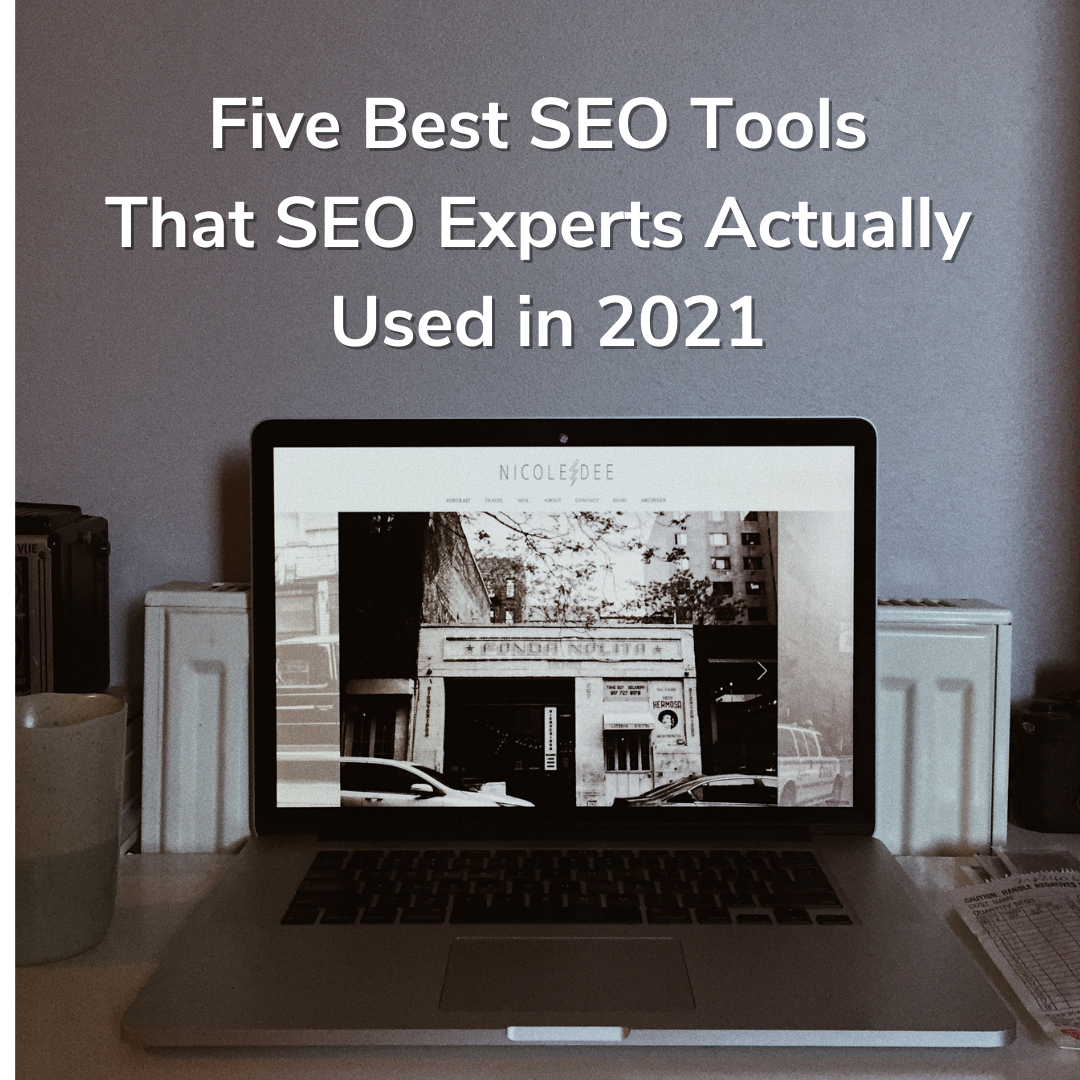
You may have heard in business school the adage “location, location, location.” Yet many will say “I sell goods on the internet and on eBay. I don’t have a physical location.” True. Instead of a physical location, you have a virtual one. Just like a physical location, it matters a lot to your business.
If you have not read about the importance of blogging for ecommerce and eBay SEO, you should. A blog that gets a lot of traffic is an important part of driving sales to your eBay store, and content generates traffic. Content can include blog posts, vlogs, or even podcasts. Having a variety of content also means that you will reach more visitors, as everyone learns differently.
Four Types of Internet Users
There are four types of internet users, and your content should be designed to satisfy all of them.
Speedster: This web visitor is just looking for the quick solution to a problem or answer to a question. They don’t want to read a lot nor do they need tons of information. They are ready to buy: you just need to have what they are offering at a reasonable price, and quick answers to a question or two.
Stroller: This is the shopper or web visitor who is “just browsing.”
They may not be ready to buy yet, or even know exactly what they want. They are looking for something, and have more questions than the Speedster. They like mid-length content that is relevant to their search (your products) and answers some detailed questions, but posts and videos designed for them don’t have to be quite as comprehensive.
Studier: This person is looking for in depth information, comprehensive how-to guides, and tons of other information before they are ready to buy. They are less likely to buy on price but more likely to buy based on who gave them the best answers to their questions.
Researchers: Although these are the rarest of internet users, they are looking to study a product or subject in great detail. They often want to see case studies, white papers, and academic research before they are ready to pull the trigger on a purchase.
It’s great to understand these different types of visitors and what they mean to ecommerce, but it is more important to understand how your virtual location affects them.
Your Name is Your Location
No, a free WordPress or Blogger domain is not where your content should live.
You need to have your own domain name.
The difference is like telling someone that you live in a certain county in California or providing them with your address and directions to your house. You will get a lot more visitors if you have a specific and unique place for them to come.
How do you choose your name? Well, you can either relate it to your name or business name, and that sometimes works. For example, “apple.com” is a great domain name, and very recognizable. You can also relate your domain name to what you do: for instance, “redwidgets.com.”
The first step is to use a domain name search tool to see if the name you want is available. There are some things you should keep in mind when you are choosing a name:
● Is it Unique? If your name or your business name is a common one, you may want to choose a variation for your domain name so users don’t accidentally type a different site into their browser and someone else gets your traffic.
● Is it Simple? Your domain name should be simple to say, spell, and type. If someone verbally shares your site name with someone it should be easy to remember, and they should be able to type it into a browser phonetically.
● Can it be Taken the Wrong Way? Sites like americanscrapmetal.com and therapist.com can be easily taken out of context to mean something totally different. American’s Crap Metal and The Rapist are probably not what the original website names had in mind. Share your name with others to make sure it doesn’t mean something off color or can’t be rearranged to mean something different.
● Pay attention to initials. No one wants to be known by the wrong acronym. The American Ski Society should probably not be abbreviated anywhere.
While having your own domain name is important, this is only the first place to start.
Your Theme is Your Curb Appeal

You can be in the right neighborhood with your domain name, and your content can even be good, but if your website design, often called the theme, is poor it won’t matter. One of the factors in Google rankings now is user experience, which is related to what your site looks like, how it functions, and whether a user stays on it and for how long.
Especially if you are an eBay seller, it is important that you know that your Google rankings also affect your eBay search rankings as well. Cassini, the eBay search engine, offers on a different algorithm than Google, but it does lend some importance to your Google ranking, and traffic is driven to your eBay store from your domain and your social media.
Inconsistent branding, poor web design, poorly written content, and too many advertisements all hurt user experience and how your site is viewed. Poor design results in high bounce rates, or people leaving your site quickly, never a good thing.
There are many tools available to help you choose a theme for your blog that both looks good and functions well. Use a theme selector and try several out or hire a website designer to make sure your location looks as good as the name.
If you are going to have success as an eBay seller and with your ecommerce venture, you need to be blogging and offering content to appeal to the four types of internet users.
But that is not enough. If you are serious about eBay and ecommerce, it is still all about location, location, location even though your location is a virtual one. Be sure yours is the best it can be in both name and appearance.
Special thanks to the author of this post: Sarah Saker!
Sarah Saker is a business coach and freelance writer that specializes in helping SMBs setup processes for customer support and predictable growth. When not writing or coaching, Sarah can be found on her (small but growing!) family farm. Connect with Sarah on about.me/ssaker for coaching or writing help.
![]()


Thank you!
Great job Danna…this article has all need info that i wanna learn..keep sharing such awesome stuff to motive us to start selling on Ebay…